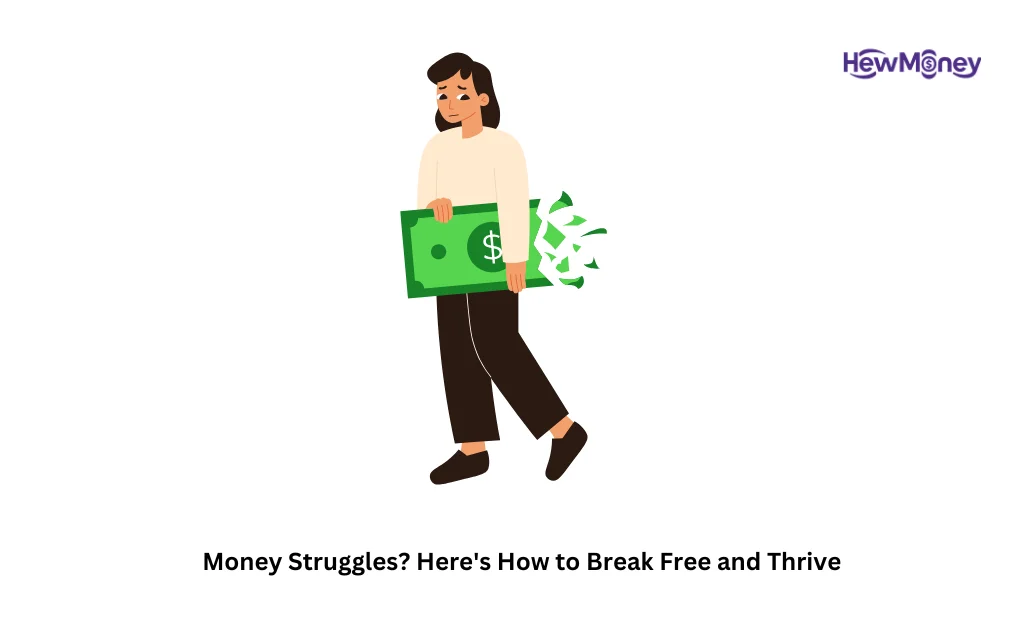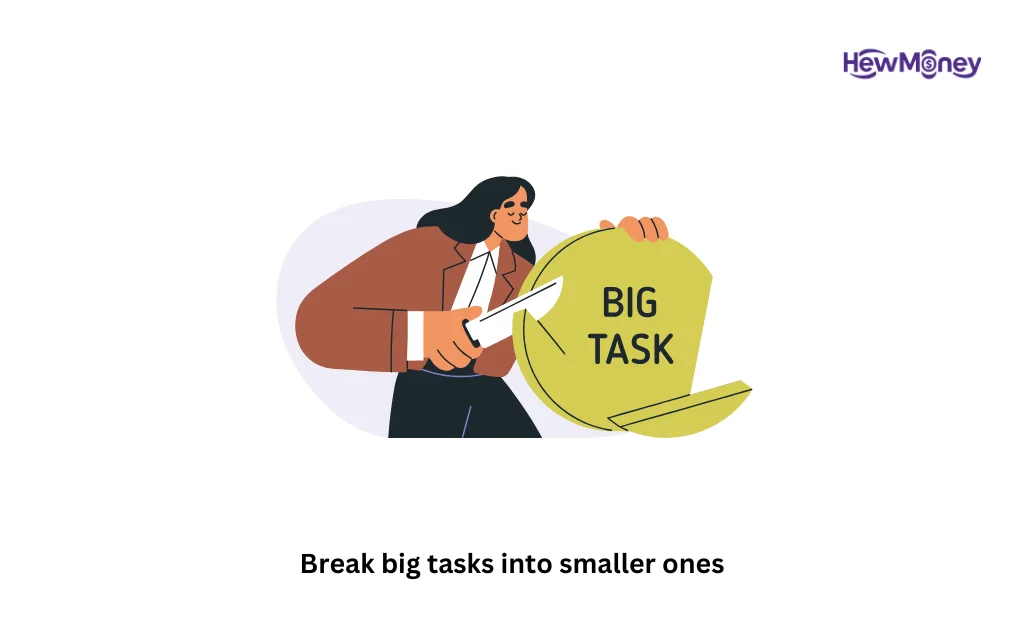Money struggles can be overcome with these techniques, helping you break free from bad financial habits like overspending or struggling to pay off debt.
Sometimes giving yourself a pep talk is the first step in getting out of a financial rut.
“I enjoy saying things out and using affirmations,” says Giovanna Gonzalez, author of “Cultura & Cash” and a financial educator. “I am not a reflection of my money blunders,” “I can change my financial condition,” and “My finances are within my control” are some of her favorite affirmations.

“That kind of attitude shift might help start you on a better road if you find yourself repeating annoying money patterns, like overspending or fighting to pay off debt,” Gonzalez adds. “We sometimes end up being extremely judgmental on ourselves for making poor financial decisions, and mindset is really crucial.” We may find it difficult to improve if we are unable to forgive ourselves.
To get out of a financial rut, financial experts also advise employing the following strategies:
Pick an exciting goal

Our financial objectives can occasionally motivate us to consider our financial life in a more expansive and innovative way. According to Elaine King, a certified financial planner and the creator of the Miami-based firm Family and Money Matters, people frequently require “money motivation” or an engaging objective to encourage them to develop better financial practices.
It must be something you truly desire, such as taking a trip. Perhaps you truly want to start a business, buy a car, acquire a graduate degree, or travel to Europe,” King says. You can begin working toward your goal by allocating little sums of money from each paycheck after you have given yourself a monetary amount and a deadline.
Gonzalez suggests putting the goals on display in your house. To keep the objective front and center as she was organizing a trip overseas, she hung a giant map on her wall. According to her, altering your phone’s backdrop to symbolize the target—for example, by taking a screenshot of a debt discharge sign or your ideal home—can also be effective.
Break big tasks into smaller ones

According to Don Grant, CFP, a partner with Sabre Wealth in Wichita, Kansas, if your objective seems too big to handle, break it up into smaller parts. For instance, if you have $30,000 in high-interest consumer debt, divide it up into smaller payments of $5,000 each by various dates.
“The definition of being stuck in a rut is when you are asking yourself, ‘How am I ever going to pay it off?'” says Grant. “Splitting things up into manageable pieces and acknowledging your little victories is really helpful.”
Unload debt that’s dragging you down
You can choose a sustainable strategy to pay off the debt once you have made some headway, according to Sharon Lechter, author of “How Money Works for Women.” She advises choosing the avalanche technique, which pays off the debt with the highest interest rate first, or the snowball method, which pays off the smallest debts first and builds momentum to take on the larger ones.
Lechter continues, “You will feel empowered because you took the first step.”
Take a close look at spending patterns
According to Lechter, analyzing your present spending patterns can help you make a few minor adjustments that will result in more savings. She advises classifying your spending patterns over the previous 12 months and comparing the averages with general suggestions. The 50/30/20 budget, for instance, recommends allocating 50% of your post-tax income to necessities, such as minimum debt payments; 30% to wants; and 20% to savings and additional debt payments.
Grant advises creating a new routine if you observe patterns that result in overspending, such as attending a weekly happy hour that escalates into a multi-hour pricey lunch. Spending less is made easy by removing yourself from costly circumstances and substituting them with other pursuits, he explains.
“Try a couple months of detox and just buy the stuff you need,” advises King. You do not need restaurants, gym memberships, extra clothing, shoes, or subscriptions. She goes on to say that severely limiting your expenditures for a little time can help you start over.
Find someone to encourage you

“Never hesitate to ask for assistance,” Grant advises. That support could come from a family member or close friend who can encourage you along the road, or it could come from a financial expert like a certified financial planner. “Those who care about you will support and encourage you if you tell them,” he continues.
Lechter advises encircling oneself with those who share your desire to improve their own lives. Instead of feeling intimidated or jealous, she explains, “Those friends and family will be proud of you.”
Additionally, they can assist you in celebrating when you accomplish a goal, like as paying off your last credit card or accumulating enough money for a significant trip.
Money Struggles
Money struggles can be challenging and often lead to stress and frustration, making it difficult to manage daily expenses, save for the future, or pay off debt. However, with the right mindset and practical strategies, you can take control of your financial situation, break free from unhealthy spending habits, and develop a plan to achieve long-term stability. Whether it’s creating a realistic budget, cutting unnecessary expenses, or finding ways to increase your income, small, consistent steps can lead to significant improvements. By staying committed and making informed financial decisions, you can build a secure and stress-free future.

